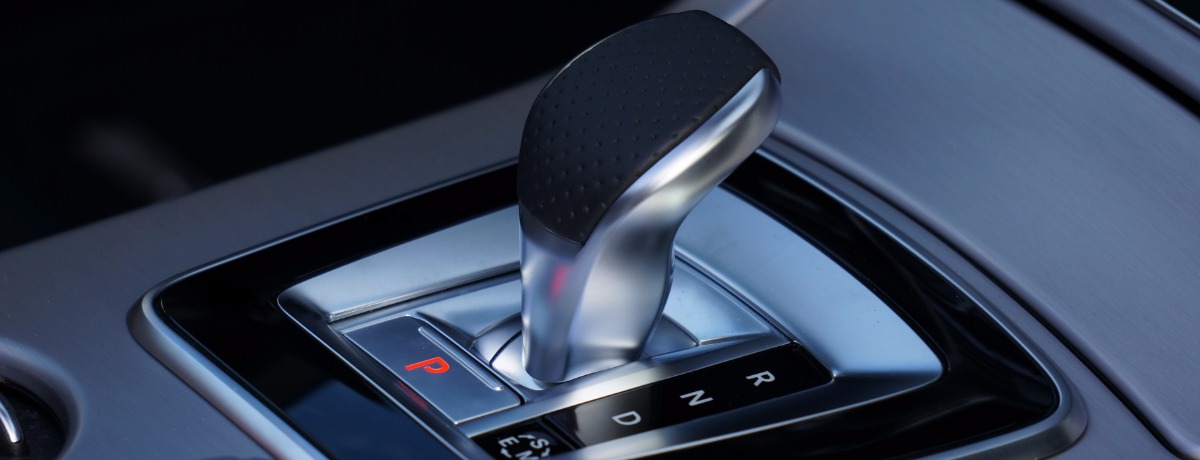Although manufacturers and sellers are legally obligated to provide safe and effective products, thousands of people annually are seriously injured or killed by defective goods. From rechargeable batteries to motor vehicles, any product has the potential to be defective. When the harm is significant enough to raise major safety concerns, a recall may be issued, but that only goes so far. Many recalled items are never returned or repaired, leaving latent hazards everywhere.
Flawed design is the reason that more than 1.1 million Jeep and Dodge vehicles have recently been recalled by Fiat Chrysler. Their monostable electronic shifters can lead drivers to erroneously think they have put the vehicle in park. The National Highway Traffic Safety Administration reports that the shifter “is not intuitive and provides poor tactile and visual feedback to the driver, increasing the potential for unintended gear selection.” The confusing shifter has been connected to over 100 collisions and serves as the basis for a wrongful death suit by the family of “Star Trek” actor Anton Yelchin who was standing behind his parked Jeep when it allegedly began rolling backward, ultimately pinning him down.
Dangerously designed look-alikes are everywhere. Small green bottles of “super eco-fuel shots” that look like energy drinks, but are actually truck fuel additives. Store-brand aerosol cans of insect repellent and of furniture polish that closely resemble cooking spray. Sound silly to market a toxic household cleaner in packaging similar to fruit juice? Then you haven’t met Fabuloso. Just four months of data from one state’s poison control network found 94 instances of people accidentally ingesting the multi-purpose cleaner. The manufacturer has since added a child resistant cap and clearer labeling, but there is no information indicating whether the new design has helped.
Even medical devices can be poorly designed and cause harm to innocent patients. For example, IVC filters, which are intended to reduce the risk of pulmonary embolism by blocking blood clots, have been linked to serious complications and fatalities. Why? Because some brands of IVC filters have broken into pieces inside the body, traveling in the bloodstream and puncturing internal organs.
Do you have a keyless push-button ignition on your car? Do you park in an attached garage? If so, an “inherent design defect” poses a significant safety hazard. The keyless ignition system means that drivers can exit the vehicle with the fob – and without turning off the engine, allowing the car to keep running until it is out of gas. With an attached garage, the carbon monoxide coming out of the tailpipe can seep into the house, causing illness or death. In fact, keyless ignition vehicles have been the documented cause of at least 19 fatalities and 25 more close calls since 2009.



























